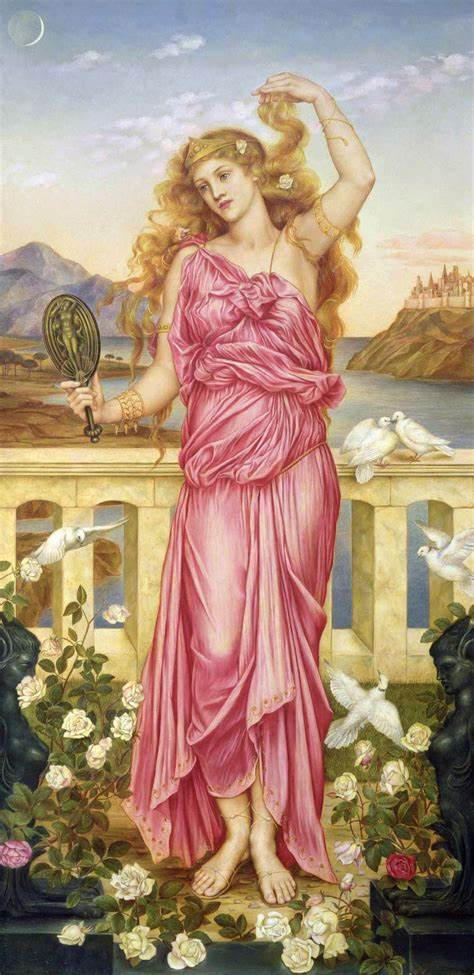Johnny Palumbo was one of a few Italian American students chosen for admission to Yale under a special, experimental program that in many ways preceded the revolutionary reform of Kingman Brewster and Inslee Clark. It was called Italo-Search. Although the initiative had been kept secret for many years, Palumbo's fellow classmate, an attorney and fellow-beneficiary of the program, discovered it thanks to the new academic Freedom of Information Act which he had sponsored.
Yale agreed, but with a prejudice characteristic of the times, assumed that any Italian-American New Haven student would be only suitable for menial work, agreed to admit Richard Puzzi, Alderman Guido Marucci's highly recommended candidate who had been a football standout at New Haven High. At least this slab of hairy meat would make short work of the Princeton line, so fuck the grades. A memo went out to all Puzzi’s professors at the beginning of the year: "Pass this ape".
The New Haven aldermen were obviously pleased - and vindicated - and pressured Yale to expand their enrollment of New Haven Italians. Yale refused, insisting that Puzzi was a fluke. Unfortunately for Yale, with the arrogance and disdain that characterized Yale Town-Gown relationships up until the mid-Sixties, its politically naive spokesmen were more than candid and public in their pronouncements. "Mr. Puzzi", an Assistant Dean told the Journal-Courier, "may be a champion of his people, but he is certainly not a champion of ours".
The aldermen were pissed. Angry letters poured in to the Journal-Courier demanding a retraction, a public apology, and reparations - twenty Italian-Americans from New Haven must be admitted to Yale to the Class of 19-- or else (the threat of a university-wide strike of kitchen and maintenance workers was implicit). Worse yet, Italian-American delegates to the Connecticut Legislature got into the act.
Picking up the political cudgel and wielding it at the state level, Assemblymen DeVito, Garofano, and Binelli excoriated Yale at every turn. If this was not bad enough, it was an election year, and Yale bashing was a sure-fire vote-getter. Soon any Connecticut WASP was fair game. Cartoons of St. Grottlesex airheads summering on the Vineyard, prattling about our people - all portrayed as vapid Gatsby-esque dilettantes - appeared in every paper from the Hartford Courant to the Naugatuck News.
Yale knew they had to settle, but were convinced they could do it on their terms. Negotiations began with a certain civility - as uppity as the Italian-Americans were getting, there was still a visceral respect for the well-born - but they quickly broke down. Observers reported a class war - invectives with language that veered perilously close to the ethnic slur came from both sides. The talks broke off, and only because both politicians and university administrators knew that the Yale-New Haven marriage could never survive a nasty divorce, a new date was set for talks to resume.
Two months later, to avoid further roasting in the press and increasing political pressure from Connecticut and now national politicians, Yale made a generous proposal to New Haven: it would take a minimum of two New Haven residents per year, would make a public apology for the "our people" interview, and would recruit up to five Italian Americans from Connecticut per year if and only if they were the most exceptional candidates.
This young Italian American is an exceptional student. He showed a remarkable range of intellectual interests, a depth of perception, and an understanding of complex issues that demonstrated a maturity far beyond his years and far beyond the expectations of Lefferts, this manifestly second-rate school on the backwaters of the Farmington River. His essays were remarkable for their insight and grasp of subtle and complex issues. His teacher comments were celebratory: ' The best student Lefferts has ever had.....An exceptional mind........Brilliant..........Destined for success '. This is the Italian-American we are looking for.












